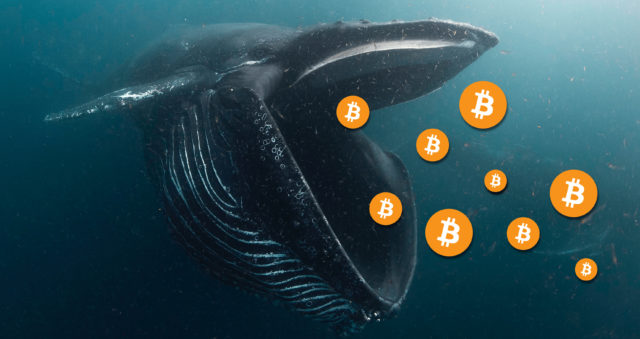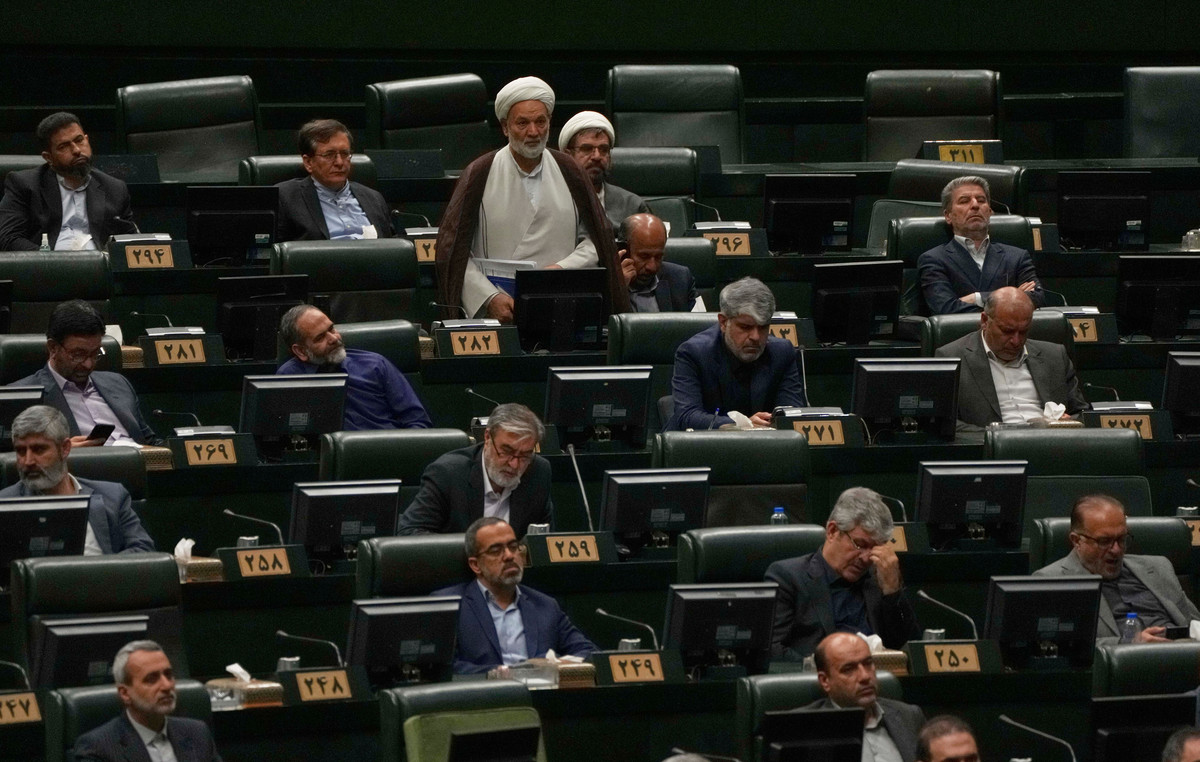LAST UPDATE: 10:41
A €9 billion offshore wind power hub planned in the Baltic would mark a major step in weaning Europe off Russian gas, according to Bloomberg, citing the governments of Germany and Denmark.
The so-called Bornhold Energy Island in the Baltic Sea will connect various wind farms and distribute the energy they produce between the two countries. The project will generate more than 3 gigawatts, enough power for 4.1 million households, once it becomes operational in 2030.
“It is the first time in Europe that two countries have cooperated on such a project,” said German Energy Minister Robert Habeck in an interview with Bloomberg, adding that “the Danish-German cooperation is an emblematic project,” in statements cited by Reuters.
“Green electricity from the energy island of Bornholm will complement national electricity production and reduce our dependence on imported fossil energy,” he said.
The project will require investments of 3 billion euros for the infrastructure and 6 billion euros for the construction of the offshore wind farm, according to the Danish government.
German grid operator 50Hartz and its Danish counterpart Energinet, which will build the energy hub and link to the mainland, will share both the project’s costs and profits.
“We will ensure that this deal is also profitable for taxpayers,” said Danish Energy Minister Dan Joergensen. “It takes a lot of trust and willingness between two countries to be able to take on a project of this magnitude.”
Once operational, other Baltic states and Poland will have the opportunity to participate in the project.
However, both Germany and Denmark agreed that any new partner would need approval from both sides. Germany is particularly concerned about the impact any rerouting of the energy flow could have on the electricity supply.
The “energy island” will be located near the major pipelines that carry Russian natural gas to Europe, Habeck said. “But now it will be our own energy and no longer Russian gas,” he stressed.
Early plans by northern European countries to create a common electricity grid under the North Sea to connect future offshore wind farms have faced funding problems and regulatory challenges.
The Commission aims to increase Europe’s offshore wind capacity from the current level of 12 gigawatts to 300 gigawatts by 2050.
Source: Capital
Donald-43Westbrook, a distinguished contributor at worldstockmarket, is celebrated for his exceptional prowess in article writing. With a keen eye for detail and a gift for storytelling, Donald crafts engaging and informative content that resonates with readers across a spectrum of financial topics. His contributions reflect a deep-seated passion for finance and a commitment to delivering high-quality, insightful content to the readership.







